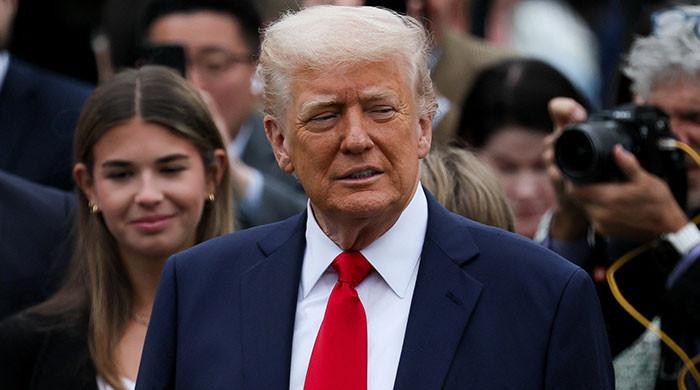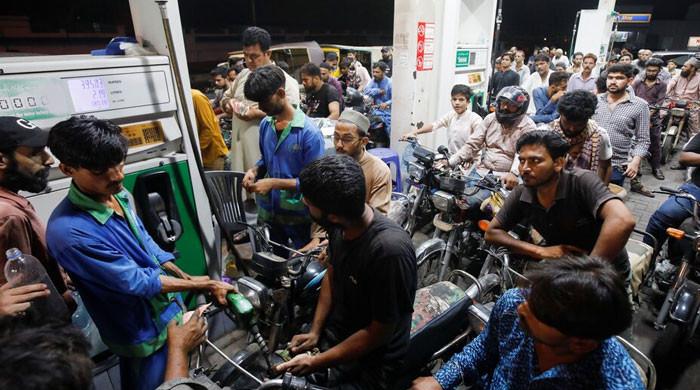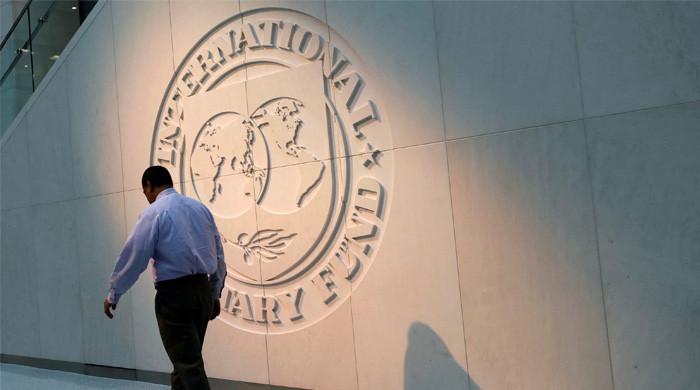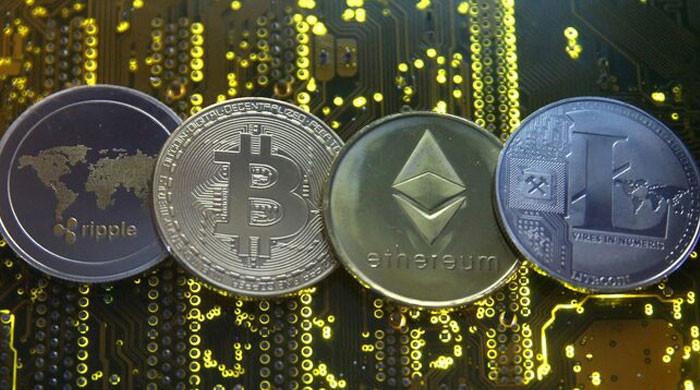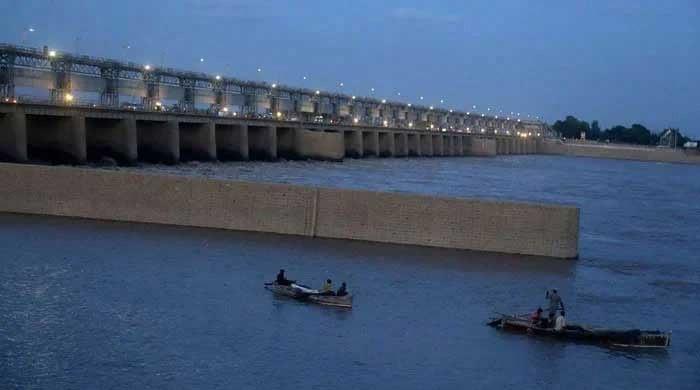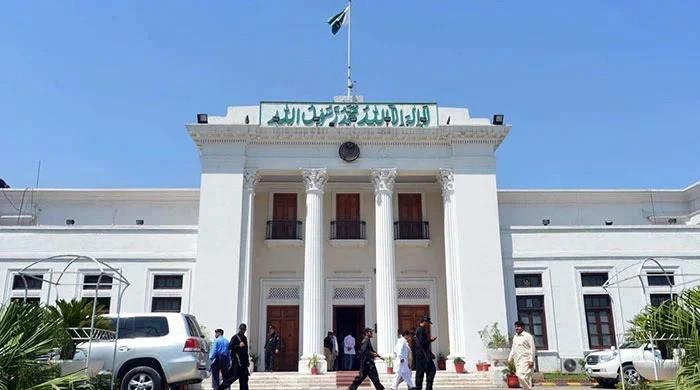India-Pakistan: The pros and cons of backchannel diplomacy
Pakistan and India have been conducting backchannel talks on and off since 2017
May 08, 2021
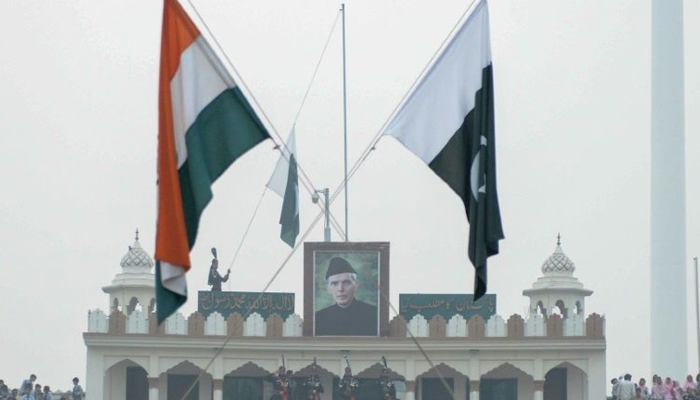
The door of peace between Pakistan and India leads through backchannel negotiations and both countries have successfully used it to bring about substantial confidence-building measures.
For any backchannel negotiation to have sustainable long-term impact, however, it has to be used sparingly and with the mission of initiating a bilateral dialogue or it can threaten the entire fabric of the peace process.
According to media reports, Pakistan and India have been conducting these backchannel talks on and off since 2017, whereby New Delhi initiated a request to start a backchannel and Pakistan responded positively.
Read more: UAE helping India, Pakistan reach 'healthy and functional' relationship, says senior diplomat
Backchannel negotiations, however, are not unique to South Asia,. Countries all around the world conduct such talks to provide breathing space for states/parties to negotiate outside of public scrutiny.
There are numerous other examples of such negotiation being used across conflict zones to bring peace. Some of the more famous examples of backchannel negotiations include the Israeli-Palestinian peace process from 1994 to 1996 and the Iranian hostage crisis from 1979 to 1980.
Backchannel negotiations even played a huge role in eventually ending the apartheid era, as the Ministry of Justice of South Africa negotiated with the imprisoned Nelson Mandela.
Countries in the global north have also resorted to backchannels to resolve internal or external disputes. One such backchannel was extensively used for 20 years between the government of the United Kingdom and the Irish Republican Army during the era of great violence in Ireland. The negotiations eventually led to the Good Friday agreement securing peace for the British Isles.
Read more: Indian media reports on rumours of backchannel talks between India and Pakistan in UAE
These secretive talks are not unchartered territory for South Asia either. In fact, Pakistan and India have been involved in backchannel negotiations in the past themselves. It was due to the extensive and successful backchannel negotiations that the historic 1999 visit of Indian Prime Minister Atal Bihari Vajpayee was made possible.
The two South Asian neighbors built numerous confidence building measures through a combination of backchannel negotiations and direct bilateral talk during the General Musharraf era too.
Despite the failure of previous negotiations, there is new hope for peace in the subcontinent today especially as the backchannel negotiations have already resulted in a substantial border relief to both countries.
Pakistani Prime Minister Imran Khan and Chief of Army Staff General Bajwa hinted at the Islamabad Security Dialogue that Pakistan is engaging or wants to engage with India in good faith and for the greater good of the subcontinent. This statement was followed by Prime Minister Narendra Modi wishing Pakistan on its republic day.
Moreover, Pakistan has also offered assistance to India by providing it essential medical supplies as the Indian state is in the grip of a third wave of Covid-19 and critical hospital needs like medical oxygen are in shortage.
These initiatives of peace and solidarity are proof that the negotiating process has resulted in building confidence that both countries can engage with each other in good faith.
Read more: 'Nation to be taken into confidence when Pakistan, India talks take place'
For now, the official position of the Pakistani state is that while the country wants to engage in peace talks, it is based on certain conditions like restoring the statehood of the Jammu and Kashmir region. On the other hand, the official position of India is that the decision regarding Kashmir will not be reversed bringing both countries to a stalemate.
Within that context, it is understandable why backchannel negotiations are preferred as they avoid public scrutiny and aren’t based on conditions, which allows states not to take hardline positions or adopt counterproductive tactics.
The Indian Prime Minister's foreign policy and election rhetoric have always endorsed a hostile and masculine approach to Pakistan. However, both countries have an incentive to engage in peace talks to improve their human and economic resources.
A secret backchannel peace process allows the Indian leadership to engage Pakistan without upsetting its conservative vote base. On the other hand, the backchannel peace talks allow Pakistan to have peace on its borders so it can concentrate on its new geoeconomics approach.
But in the end, it is incredibly important for these backchannel peace talks to be used sparingly. For any negotiation to bear results, it needs to be made in public so that the negotiated peace process can be implemented.
The Israel Palestinian conflict is a living example of this mistake, where backchannel negotiations often opened the door for talks but a strong reliance on them meant that no open dialogue producing substantial results could be enforced.
Read more: Pakistan "seriously concerned" over seizure of uranium in India: FO
Countries need to be cognizant of the fact that backchannel talks are only supposed to build a foundational ground. If Pakistan and India however, get comfortable negotiating through backchannels without ensuring a broad consensus across the political spectrum in their countries, it may endanger all the development that’s been made thus far.
Bhurgri is a research associate at the Centre for Law and Security and holds an LLM degree from the University of Edinburgh




